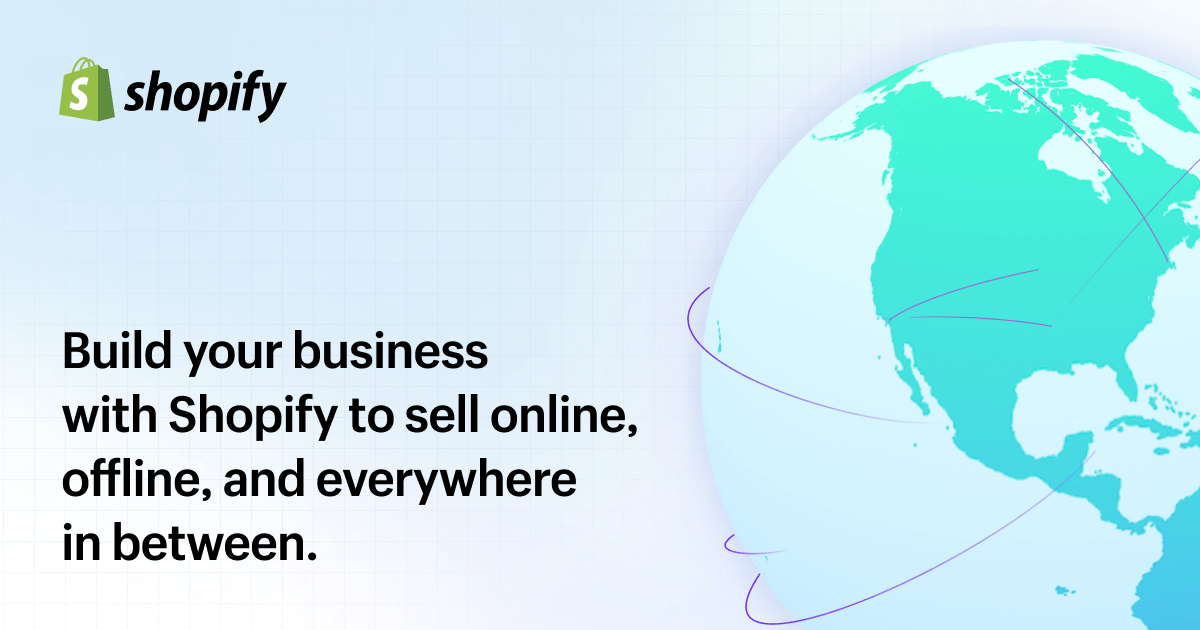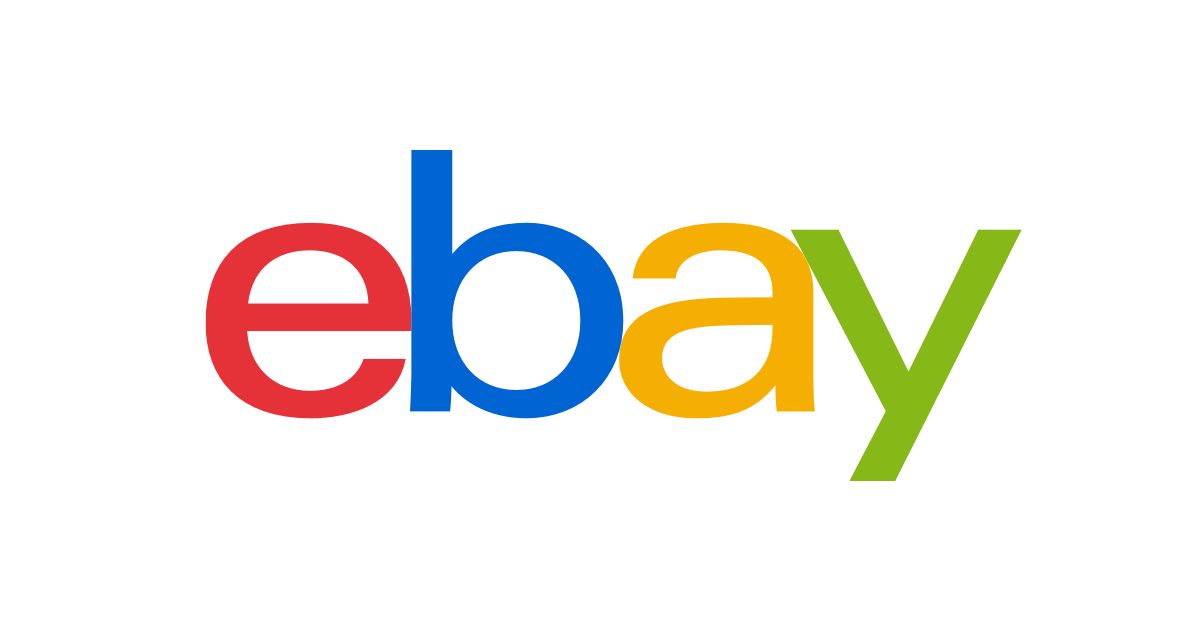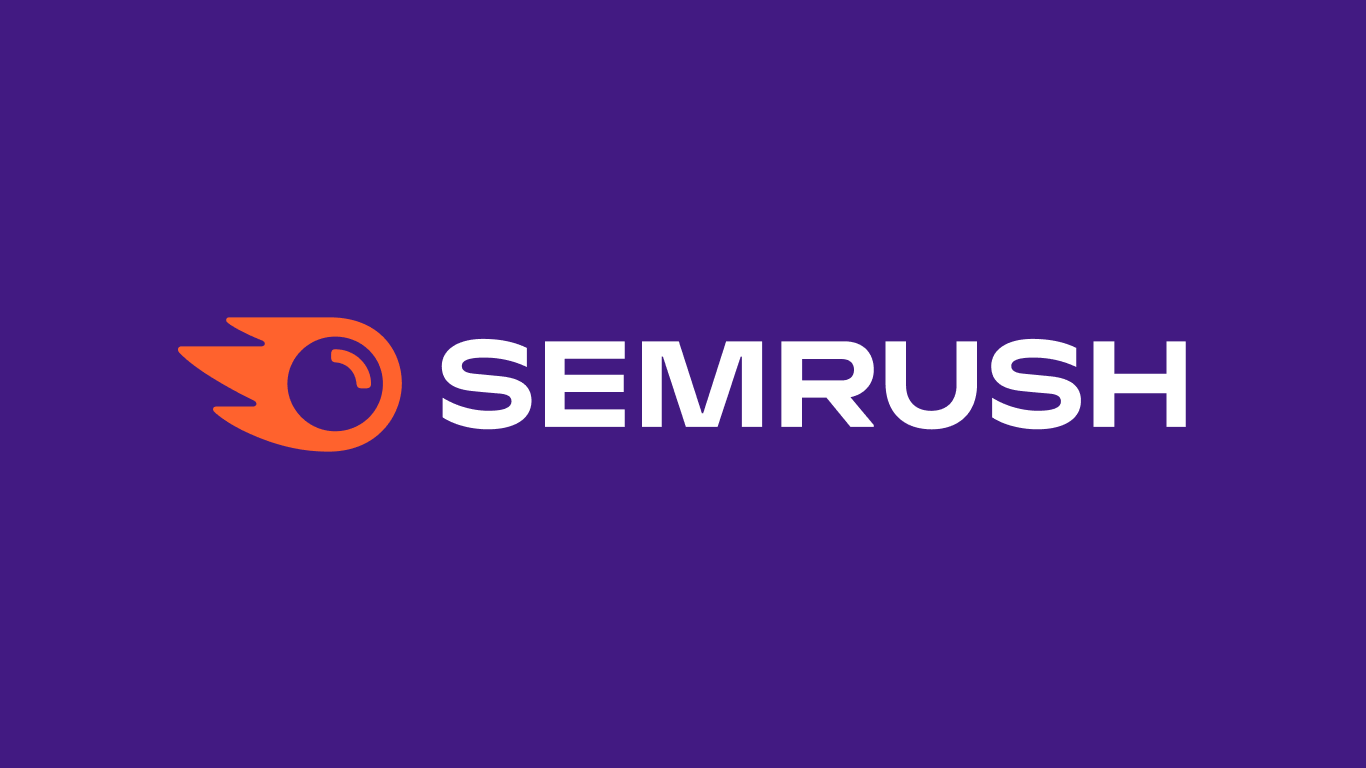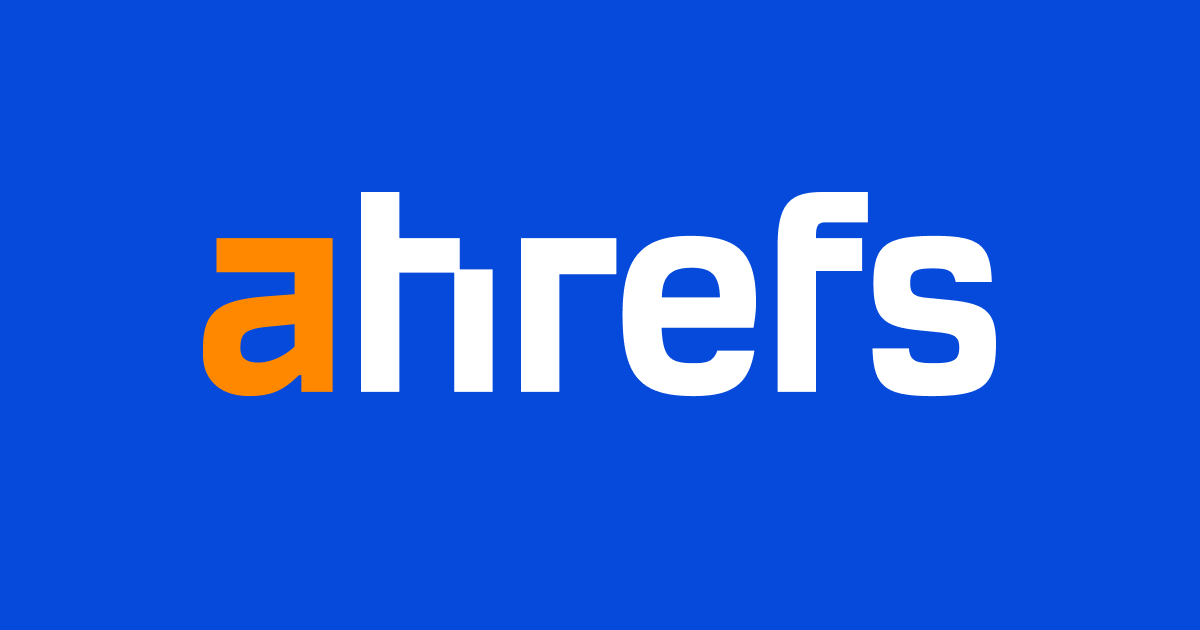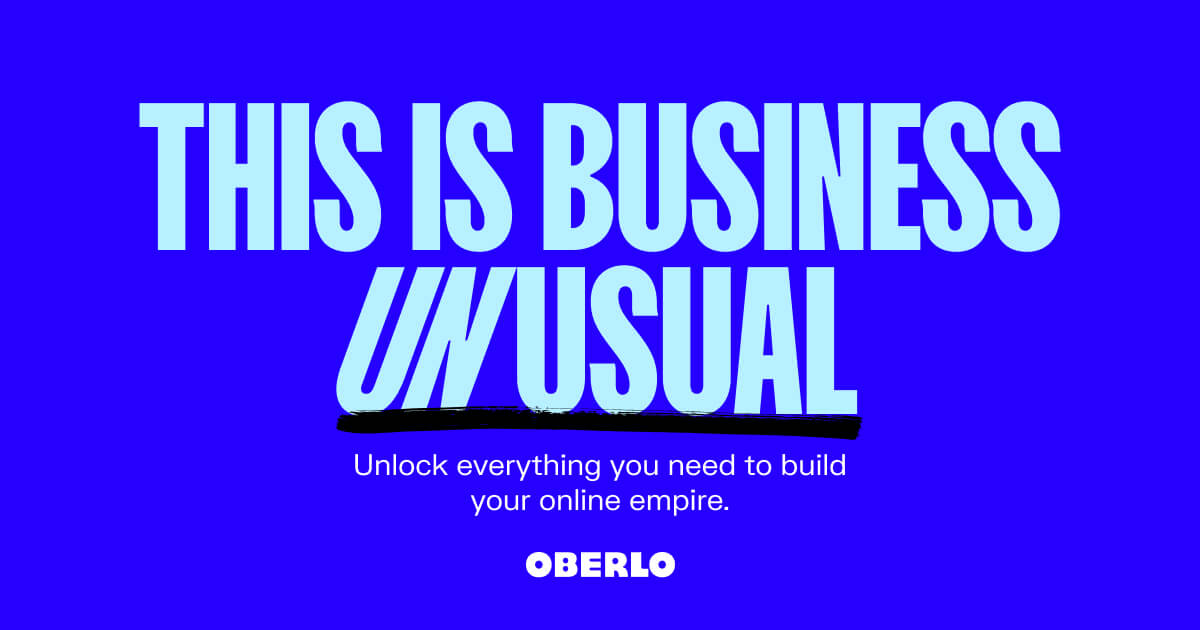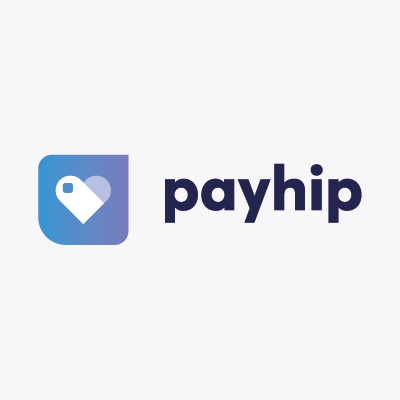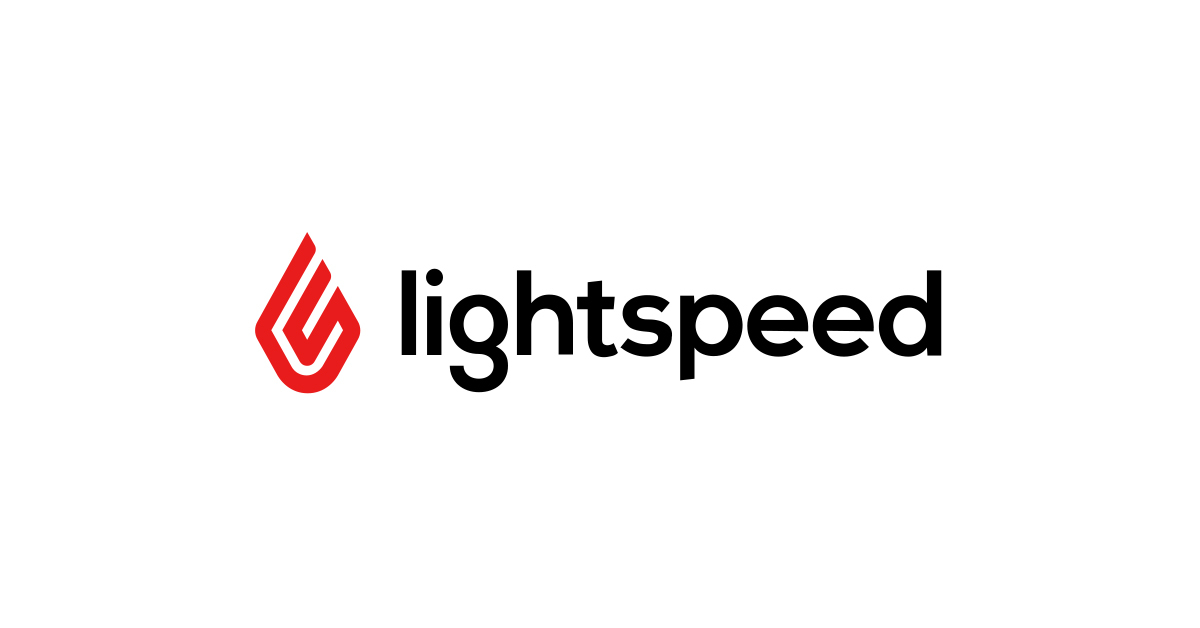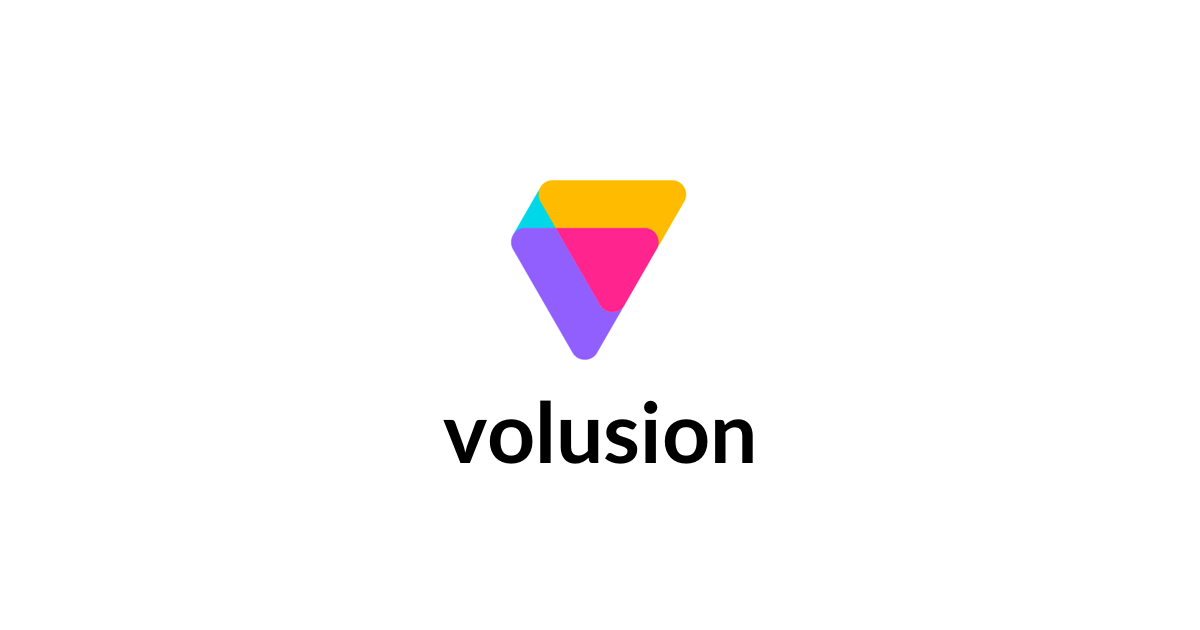Introduction
Dropshipping has become one of the most popular business models for entrepreneurs looking to start an online venture with little upfront cost. However, with so many options available, choosing the right dropshipping software platform can be challenging. In this post, we evaluate and compare 15 of the best and most popular dropshipping software providers based on key factors like pricing, features, ease of use, and market presence to help you pick the right one for your needs.
Methods of Evaluation
To evaluate and rank each platform, we considered several important factors: features and functionality, ease of use, pricing & plans, shipping & fulfillment support, integrations & third-party apps, customer support, and market presence including # of backlinks, organic traffic, and keyword search volume trends. Specifically, we looked at on-page SEO metrics like meta titles and descriptions, number of backlinks from relevant domains, average monthly organic traffic, and keyword opportunity based on search volume and competition level to determine the market dominance of each software.
1. Shopify
Shopify is one of the leading e-commerce platforms for building an online store and selling products online. Founded in 2004 and based in Ottawa, Canada, Shopify powers over 1 million businesses in approximately 175 countries. With Shopify, merchants can create an attractive online store, select a domain name, and then begin adding products and customizing the look and feel of the store. Some key features of Shopify include an online storefront, shopping cart, and secure payment processing.
Pros: Some of the main advantages of using Shopify include:
– Extremely user-friendly interface that is easy for novices to use
– Huge third-party app ecosystem with over 5,000 apps to extend functionality
– Robust shipping and fulfillment options through partners like ShipStation and Fulfillment by Amazon
– Powerful marketing and analytics tools like abandoned cart emails and detailed reports
Cons: One potential disadvantage of Shopify is the monthly subscription pricing, which can get expensive for stores with high sales volumes. However, in exchange for the monthly fee merchants gain access to a full-featured platform and business management tools.
Pricing: Shopify offers several pricing plans ranging from $29 to $299 per month. The basic Shopify plan starts at $29/month and is suitable for smaller stores. More expensive plans like Shopify and Advanced offer more storage, monthly bandwidth, and additional features targeted at larger stores.
Some key stats about Shopify include:
– Over 1 million merchants in approximately 175 countries use Shopify
– Processed over $57 billion in sales for merchants in 2021
– Ranks as one of the most popular e-commerce platforms in the world
2. eBay
eBay is one of the largest online marketplaces in the world. Founded in 1995, eBay connects buyers and sellers and hosts millions of listings across hundreds of categories. For dropshippers, eBay offers built-in tools to handle key aspects of the business like listing products, payment processing, and order fulfillment directly through inventory feeds from approved suppliers.
Pros: Some key advantages of using eBay for dropshipping include:
– Built-in tools for dropshipping on eBay listings
– Large supplier selection via inventory feeds
– Handles payment processing, fulfillment
– Top branded available which appeals to buyers
Cons: One potential disadvantage is eBay’s relatively higher fees compared to some other marketplaces. Selling fees start at 10% with additional Final Value Fees.
Pricing: eBay charges the following fees for dropshipping sellers:
– Insertion fees: $0.35-2 per listing
– Final Value Fees: 8-10% of the total sale price
– Payment processing fees: 2.9% + $0.30 per transaction
Some key stats about eBay include:
– Over 182 million active buyers worldwide
– $100 billion+ in gross merchandise sales annually
– Hosts over 1.5 billion listings at any given time
3. Squarespace
Squarespace is a popular all-in-one website building platform for creating beautiful, responsive websites or online stores. Founded in 2003, Squarespace provides beautiful templates, easy drag-and-drop editing, and powerful ecommerce functionality right out of the box.
Pros: Some key advantages of using Squarespace include:
– Beautiful pre-built templates that are responsive and showcase your content effectively.
– Built-in support for appointment booking and scheduling.
– Mobile optimized storefronts allow shoppers to browse and purchase from any device.
– Powerful SEO and social media integration tools are included to help boost traffic.
Cons: One potential disadvantage is that advanced customization options are more limited compared to other website building platforms. While the templates and drag-and-drop editing make it very easy to use, some businesses may require deeper customization capabilities.
Pricing: Squarespace offers affordable pricing plans starting from $12 per month for an annual plan. More advanced ecommerce and marketing tools are included in higher pricing tiers starting from $18 per month. There is also a free 14-day trial to test out the platform before committing.
Some key stats about Squarespace include:
– Used by over 1 million people worldwide to build a online presence.
– Over 100 beautifully designed website templates to choose from.
– 24/7 customer support when you need help.
– Mobile optimized templates ensure your site looks great on any device.
4. Moz
Moz is a leading SEO software provider founded in 2002. Their flagship product, Moz Pro, helps over 100,000 marketers and agencies optimize websites, build links, and track rankings. Moz Pro offers a wide range of SEO tools to improve rankings, generate more traffic, and measure success.
Pros: Key advantages of Moz Pro include:
– Comprehensive on-page analysis and optimization recommendations
– Advanced backlink profiling and metrics for competitors
– Robust local SEO and citation tools
– Helpful keyword research features to find new opportunities
Cons: The main disadvantage is the pricing, as Moz Pro is more expensive than some other SEO software solutions. It may not be feasible for very small businesses or solopreneurs on a tight budget.
Pricing: Moz Pro pricing starts at $199 per month for a basic subscription, up to $499 per month for an agency subscription that supports more users. Volume discounts are available for larger teams and agencies.
Some key stats about Moz Pro include:
– Analyzes over 500 ranking factors for on-page SEO
– Tracks backlink profiles and metrics for competitors
– Provides local SEO visibility and ranking reports
– Helps with keyword research and opportunity analysis
5. WooCommerce
WooCommerce is an open-source ecommerce platform built on WordPress. It allows merchants to build an online store for selling physical and digital goods through a WordPress site. With over 5 million active installs, WooCommerce has become the leading open-source ecommerce solution for online stores and shops. WooCommerce plugin utilizes the power and flexibility of WordPress to provide a robust yet beginner-friendly platform to create an online store.
Pros: Some key advantages of using WooCommerce include:
– Free and open-source software with no license fees
– Built on WordPress so it has all the flexibility of a content management system
– Large selection of extensions for additional features and customization
– Robust internationalization and localization support
– Mobile responsive designs for optimized mobile storefront
Cons: One potential disadvantage is that as an open-source platform, it lacks some advanced features found in paid ecommerce solutions. However, many advanced features can be added through extensions.
Pricing: WooCommerce core platform is free to use and open-source. However, some extensions and plugins that add advanced features are paid. They have both monthly and annual subscription plans starting from $49 per month.
Some key stats about WooCommerce include:
– Over 5 million active installs worldwide
– Large community with active developers and forums for support
– Native integration with WordPress and its vast library of themes and plugins
– Supports most major payment gateways including PayPal, Stripe, Braintree etc.
6. Big Cartel
Big Cartel is an easy-to-use ecommerce platform perfect for small businesses, artists, and creators. Founded in 2009, Big Cartel helps over 300,000 creative professionals sell their products online. With Big Cartel, you can build a beautiful, fully-customizable online store without any coding experience.
Pros: Some key advantages of using Big Cartel include:
– Extremely customizable free themes that can be styled without code
– Focus on simplicity and ease-of-use perfect for small businesses and sole proprietors
– Integrated social sharing features to help grow your brand’s audience
– Affordable pricing model well-suited for stores with smaller order volumes
Cons: One potential disadvantage is Big Cartel’s features are fairly basic compared to more full-featured ecommerce platforms. It may not be the best option for very large stores with high order volumes or complex product/inventory needs.
Pricing: Big Cartel offers four pricing tiers:
– Free Plan – $0 per month. Includes a customizable storefront, email marketing, social sharing features.
– Plus Plan – $9/month. Adds unlimited products and inventory, custom domain, and sales reports.
– Pro Plan – $25/month. Adds abandoned cart notifications and product categories.
– Team Plan – $49/month. Best for multiple users/locations with advanced stats.
Some key stats about Big Cartel include:
– Over 300,000 stores built on the platform
– Fully hosted platform, so no server maintenance required
– Mobile-optimized themes for seamless shopping on all devices
– Integration with services like ShipStation for fulfilled orders
7. SEMrush
SEMrush is a popular SaaS platform for digital marketing and SEO. Founded in 2008 and headquartered in Massachusetts, SEMrush offers a variety of tools to help companies research keywords, monitor backlinks, track competitors and run paid ads. With over 4 million users worldwide, it has become one of the leading online marketing research tools on the market.
Pros: Some key advantages of SEMrush include: Competitor tracking at scale, keyword research volume estimator, backlink analysis and monitoring, organic visibility tracking.
Cons: A potential disadvantage is that SEMrush is a paid service so there is a monthly or annual subscription cost required to use all of its online marketing tools.
Pricing: SEMrush offers a few different pricing plans starting from $99/month for an individual plan up to $999/month for an agency plan. There are also annual subscription options which provide savings compared to monthly payments.
Some key stats about SEMrush include: It tracks over 234 million domains, 826 million keywords and 1.4 billion backlinks. With over 55 online marketing tools, it provides insights into SEO, paid media, content, social media and competitor analysis.
8. PrestaShop
PrestaShop is an open-source ecommerce platform built for both B2C and B2B businesses. First launched in 2005, PrestaShop has grown to power over 300,000 online stores in over 150 countries worldwide. With PrestaShop, merchants can build customized online stores and sell products directly to customers.
Pros: Some key advantages of using PrestaShop include:
› It’s free and open source, meaning no licensing fees
› Highly customizable through thousands of modules
› Robust built-in features like catalog management, orders, shipping, and reporting
› Supports multivendor marketplace stores out of the box
› Supports all major payment gateways and shipping carriers
Cons: One potential disadvantage is that PrestaShop may require some technical skills and developer help to customize compared to a simpler drag-and-drop platform.
Pricing: PrestaShop is completely free and open source. However, there are premium services available such as professional installation, training, support and custom development services.
Some key stats about PrestaShop include:
› Over 300,000 online stores powered globally
› Available in 60+ languages
› Supported on all modern web servers and operating systems
› Free and open source software
› Robust built-in features like catalog management, ordering, shipping, and payments
9. Ahrefs
Ahrefs is a leading SEO tool used by online marketers and agencies worldwide. Founded in 2015, Ahrefs provides backlink analysis, keyword research, competitor tracking, and site audit tools to help users improve their search performance and organic traffic.
Pros: Some key advantages of Ahrefs include:
– Powerful backlink analysis and tracker to monitor link building campaigns
– Detailed keyword research tools to find new opportunities
– Competitor analysis features to track rivals’ link profiles and rankings
– Website audits to identify content gaps and technical issues
Cons: One potential disadvantage is the pricing, as Ahrefs plans start at $99/month which may be expensive for some individual users or very small businesses.
Pricing: Ahrefs offers three main plans:
– Starter: $99/month – Includes basic features for individual use
– Standard: $199/month – More features for agencies and larger teams
– Advanced: $499/month – Full suite of features for enterprise level use
Some key stats about Ahrefs include:
– Over 2 million users globally
– Tracks over 8 trillion backlinks
– Monitors rankings and keywords for billions of keywords
– Provides data on over 200 million domains
10. BigCommerce
BigCommerce is one of the most popular ecommerce platforms for merchants looking to build an online store. Founded in 2009 and headquartered in Austin, Texas, BigCommerce has powered over 60,000 online stores in over 120 countries. Their mission is to level the playing field for merchants against larger brands by providing a robust platform that is easy to use. The key attraction is that it aims to provide an enterprise-level solution suitable for both small and large businesses without the complexity and high costs associated with other platforms.
Pros: Some of the key advantages of BigCommerce include:
– Robust scalability for high volume traffic and sales
– Integrates seamlessly with many popular 3rd party apps and services like ShipStation, WooCommerce, etc.
– Provides detailed reporting and analytics on sales, traffic, inventory and more
– Allows for extensive customization through coding and no coding website building options
– Drag-and-drop page builder makes the platform easy to use for non-technical users too
Cons: One potential disadvantage of BigCommerce is that it is not a true ‘no coding’ solution. While their drag-and-drop builder makes the platform very easy to use, complex customizations may still require some level of coding knowledge.
Pricing: BigCommerce offers several pricing plans to suit different business needs:
– Standard Plan starts at $29.95/month for up to 3 products
– Plus Plan at $79.95/month for up to 25 products
– Pro Plan at $249.95/month for unlimited products
– Enterprise plans with customized quotes
Some key stats about BigCommerce include:
– Powering over 60,000 online stores globally
– Support for over 25 languages and currencies
– Integrations with over 300+ payment gateways, shipping carriers and services
– Over 500+ customizable themes, blocks and apps available on their marketplace
– Merchant stores saw an average of $113,000 in sales within one year of launching on BigCommerce
11. Oberlo
Oberlo is one of the most popular dropshipping software applications for building an online store. Founded in 2013, Oberlo integrates directly with Shopify to allow sellers to import products directly from AliExpress and fulfill orders without ever actually touching the products.
Pros: Key advantages of using Oberlo include:
– Automatic dropshipping platform that directly syncs products and orders between Oberlo and Shopify
– Large selection of over 40,000 products available from AliExpress that can be easily imported
– Simple to set up and manage orders without needing to fulfill orders yourself
– Built-in marketing and analytics tools to help track store and campaign performance
Cons: One potential disadvantage is that the free version of Oberlo only supports importing 5 products at a time. For larger stores, the paid plan is necessary.
Pricing: Oberlo offers both free and paid plans. The free plan allows importing up to 5 products. The starter plan is $49/month and removes product limits. The grow plan is $99/month and adds priority support.
Some key stats about Oberlo include:
– Over 500,000 users on the platform
– Support for importing products from AliExpress, Amazon and Razor
– Integrates with all Shopify plan types including basic, standard and advanced plans
12. Ecwid
Ecwid is a leading all-in-one ecommerce platform for small businesses. Founded in 2009 and based in San Francisco, Ecwid allows merchants to easily build and manage online stores without any technical skills or web development experience.
Pros: Some key advantages of using Ecwid include:
– Free basic plan with no transaction or product listing fees
– Wide selection of plugins and apps to customize and expand store functionality
– Robust inventory management tools to track products and sales
– Built-in shipping calculator to generate accurate rates for customers
Cons: One potential disadvantage is that more advanced customization may require integration with third party apps or hiring a developer. The free plan also has limited features compared to paid plans.
Pricing: Ecwid offers four paid plans starting at $15/month for the Shopper plan which removes product listing limits and adds additional features. The Builder plan is $35/month and the Business plan is $70/month which both add more advanced features and functionality.
Some key stats about Ecwid include:
– Used by over 1 million merchants worldwide
– Available in 40+ languages
– Integrations with over 150 platform including WordPress, Shopify, WooCommerce, and others
– Award winning 24/7 customer support
13. Payhip
Payhip is an all-in-one digital storefront that allows users to sell digital downloads and online courses. Founded in 2011, Payhip has grown to support over 40,000 merchants in over 190 countries worldwide. With Payhip, users can create and customize a professional online store without any technical skills or design experience.
Pros: Some key advantages of using Payhip include:
– Simple to set up and start selling with no monthly or signup fees
– Option to easily create subscription plans for recurring revenue
– Lightning fast site loading speeds for optimal customer experience
– Excellent customer support for help with any issues or questions
Cons: One potential disadvantage is Payhip only supports the sale of digital goods like eBooks, videos, software and online courses. It does not currently offer the ability to sell physical products.
Pricing: Payhip has a freemium pricing model. The basic plan is completely free to use with no transaction or monthly fees. Paid plans are available with additional features starting at $9/month.
Some key stats about Payhip include:
– Supports over 40,000 merchants globally
– Available in over 190 countries
– Average site loading time of under 1 second
– 24/7 customer support via phone, email and live chat
14. Pulse by Lightspeed
Pulse by Lightspeed is a leading cloud-based POS and ecommerce platform ideal for both online and brick-and-mortar retail businesses. With over 100,000 locations worldwide trusting Lightspeed for their POS needs, Pulse offers merchants a robust yet user-friendly solution for launching and scaling their operations.
Pros: Key advantages of Pulse by Lightspeed include its built-in POS for physical stores, robust order and inventory management across sales channels, dedicated customer support team, and fully customizable design options for both online and point-of-sale experiences.
Cons: One potential disadvantage is the recurring subscription costs which can add up over time for high-volume merchants. However, this is offset by the lack of large upfront equipment costs associated with traditional POS systems.
Pricing: Pulse pricing starts at $79/month for basic ecommerce and $99/month for a full featured POS. Additional per-terminal and transaction fees apply. Custom quotes are available for merchant needs requiring multiple locations or advanced features.
Some key stats about Pulse by Lightspeed include: supports over 100 payment types across 150+ countries, integrated with over 300 shipping carriers, 99.99% uptime SLA, and named one of Canada’s Best Managed Companies for over 15 years running.
15. Volusion
Volusion is an all-in-one ecommerce platform that allows users to build, host, and manage an online store. Founded in 1999, Volusion has grown to serve over 50,000 merchants globally. With Volusion, users can sell products, process payments, manage orders and invoices, track inventory levels, and more – all from a single web-based control panel.
Pros: Some of the key advantages of Volusion include:
– Powerful built-in marketing features like email marketing and loyalty programs.
– Robust analytics and reporting dashboards for tracking store performance.
– Inventory management capabilities for tracking product stock levels.
– Highly customizable storefront designs with drag-and-drop page builders.
Cons: One potential disadvantage is that the customization options are somewhat limited compared to other platforms. Volusion stores may not be as flexible for advanced developers.
Pricing: Volusion offers several pricing plans starting from $15/month for the Basic plan up to $125/month for the Advanced plan. All plans are hosted on Volusion servers and include a free 14-day trial.
Some key stats about Volusion include:
– Serves over 50,000 merchants worldwide
– Hosts ecommerce stores in 150+ countries
– Offers built-in marketing features such as abandoned cart recovery
– Provides robust analytics and reporting on sales, customers, and inventory.
Conclusion
While all the listed platforms are excellent options for dropshipping, Shopify, eBay, and WooCommerce stand out as leaders based on our in-depth analysis. With robust built-in features, massive third-party app ecosystem, and industry-leading market presence, they offer dropshippers powerful solutions to start and scale their businesses with ease. However, platforms like Oberlo, BigCommerce, and PrestaShop are also great choices, especially for beginners looking for an affordable solution. Choose the one that best fits your budget and business needs to start your dropshipping journey on the right foot.




